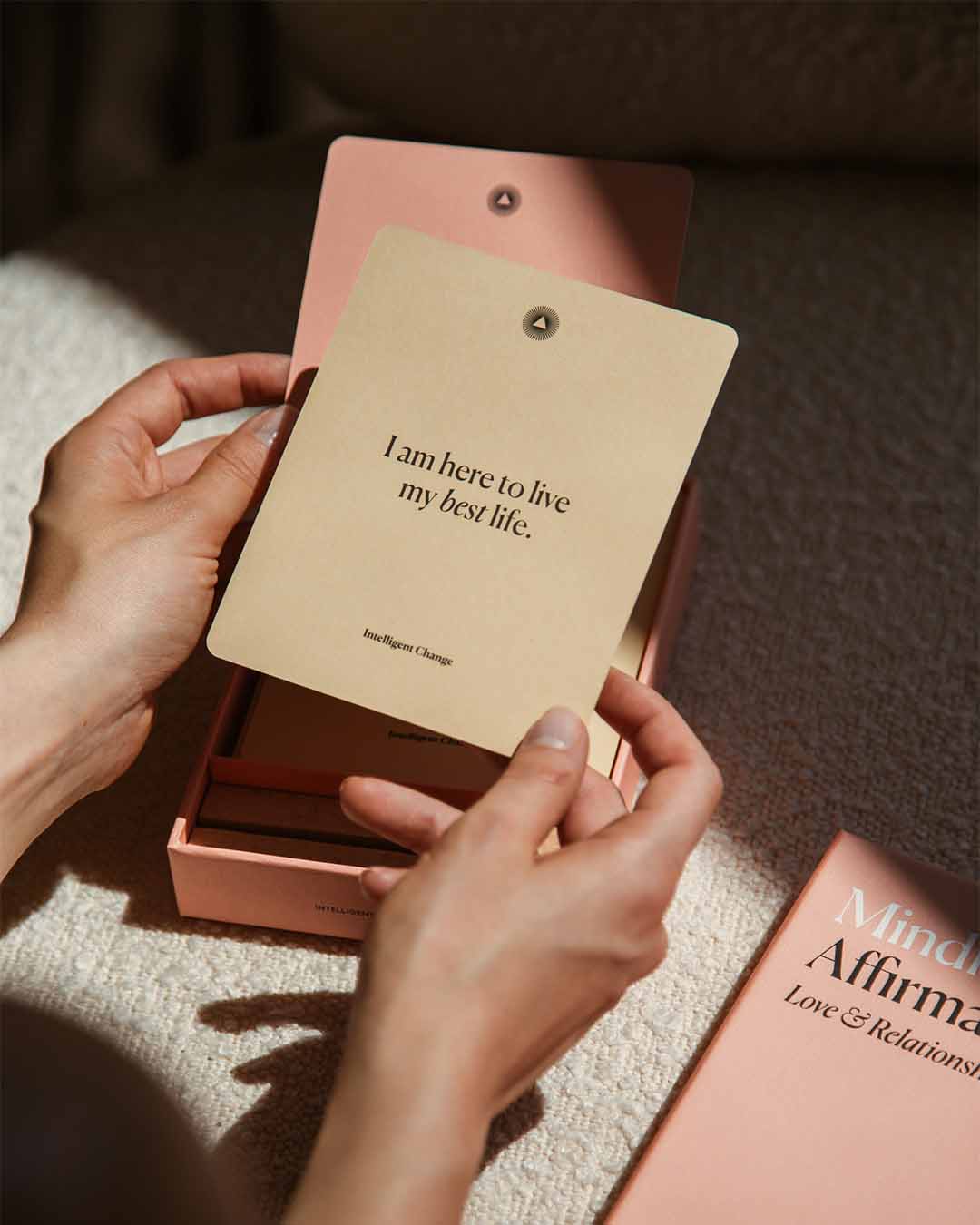The Art of Becoming: Grow at Your Own Pace
by Kinga Lewandowska
We come to this world as tabula rasa (from Latin, blank slate). It’s a philosophical concept in which every individual is born without inherent knowledge or preconceived notions. Instead, we are empty pages on which experiences, perceptions, and knowledge are gradually etched over time. In our first moments, we are the purest and most innocent that we can be.
And then life happens. We are born to certain parents, in a certain country, with thousands of external factors shaping the world around us. We then go to school where we are taught non-negotiable scientific facts mixed with other truths that have been filtered through somebody else’s subjective point of view. Next, we make sure that our CVs have all the right keywords for the algorithm to pick us for the job, we start contemplating marriage and parenthood, and we learn to behave in a way that will help us claim the best spot within society.
Then one day, we wake up and realize how strategic our lives have become. Of course, we need rules to maintain order in the world, imagine driving in a big city without traffic lights. But where do we draw the line between what is necessary and what is constricting?
“The only person you are destined to become is the person you decide to be.”
― Ralph Waldo Emerson
We are the creations of our parents (literally and figuratively) and caregivers, of education systems, political and religious structures, cultural constructs as well as the philosophies of our social groups. We’ve been made in the image of everything that has ever had a chance to influence us. Still, we are sentient creations, with distinct personality traits, who can feel, think, and speak for ourselves.
In literary theory, there is a concept called the death of the author. Introduced by French literary critic Roland Barthes in his 1967 essay of the same title, the concept suggests that the intentions and personal background of an author should not influence the interpretation of their work. According to Barthes, once a literary work is created and published, it becomes detached from its author's identity and takes on a life of its own.
Consequently, in everyday life, it would be unfair to judge anyone by where they come from or what they’ve been through that was not of their own doing. And yet, we all perceive the reality around us through some kind of lens. The proverbial rose-colored glasses aside, there are two kinds of viewpoints we take: the window perspective and the mirror perspective. It goes like this:
WINDOW vs. MIRROR
interpersonal vs. intrapersonal
others vs. self
window
The window lens is everything that shapes our viewpoint from the outside in. All the external factors that inform your perspective and govern your evaluation of reality act like a window through which you look beyond yourself for validation. You involve other people and outer influences in the assessment of who you are and how you see and critique the world.
mirror
The mirror lens helps us experience life from the inside out. It reflects your inner world to you. Your thoughts, emotions, values, beliefs, and experiences act as a mirror, allowing you to introspect and gain insight into your identity through which you perceive the outside world. Through the mirror lens, you look within to shape your viewpoint of the external reality.
Let us focus on the mirror approach. Because as much as rules and order are useful in our society, it is easy to miss the moment in which all this human-made structure becomes a bit too restrictive for our basic human right: freedom. It’s tricky, it’s no easy job to question the status quo because a lot of it has been put in place for our own good. But if we never challenge anything, we risk blindly following orders when in your life, it’s you who’s in charge.
As long as you never put anyone in harm's way, you do you―simply because nobody else can walk in your shoes, nobody can see what you’ve seen, or process what you’ve been through so far. No one is going to live your life for you. You write your unique personal story and if anybody else tries to add adjectives to your nouns, it might lose its captivating magic.
“You get in life what you have the courage to ask for.”
― Oprah Winfrey
We are each on our own individual timeline. We carry a deeply personal set of past and present circumstances that we may or may not allow to dictate our future. Societal norms and external conventions often try to force their way into our agendas and impose timetables on our evolution but can we talk about personal development when it is dictated by anything outside of us?
In the spirit of autonomy, we will let you answer that question for yourself. Meanwhile, let us encourage you to look over your shoulder and see how far you’ve come. Are you satisfied? Then please pat yourself on the back. All achievements, big or small, deserve to be celebrated. Milestones of any kind mark progress.
However, if you look back on your life and think you could do better, there’s always time to improve. Growth knows no deadline. We all evolve at our own pace so make yourself your reference point because maturing is not a race, and you might still be a diamond in the rough.
To help you polish your edges, we have a quick exercise for you. In your mind’s eye, picture the ultimate version of yourself that you are proud of, one who is capable of getting you where you want to be in life. Imagine who you can become and―that’s the hard part―aim singlemindedly at that. Act from the level of the ideal you. Here’s an example: if you are an aspiring writer taking your very first steps in the industry, writing content for free to build your portfolio, act as if you are already a published author. And hone in on your craft like your life depends on it.
In his book Outliers: The Story of Success, author and public speaker Malcolm Gladwell writes about the 10,000-Hour Rule. According to research, it takes approximately 10K hours of deliberate practice to achieve mastery in a particular skill or field. One of the best examples of this is the Beatles. Between 1960 and 1964, the band played live in Germany over 1,200 times accumulating over 10K hours of performance time. Gladwell argues that their extensive time on stage significantly influenced their musical talent and made them living legends by the time they arrived back in the UK.
So, are you ready for practice? Your most authentic and fulfilling life awaits.
We are all works in progress. You are still becoming. But you have to agree―it’s exciting, creating yourself. And the beauty of it is that you can kick it off at any moment. Do it for you. Begin here and now, as you are. One step at a time, at your own pace, gaining wisdom along the way, become. You are your own reference point.








